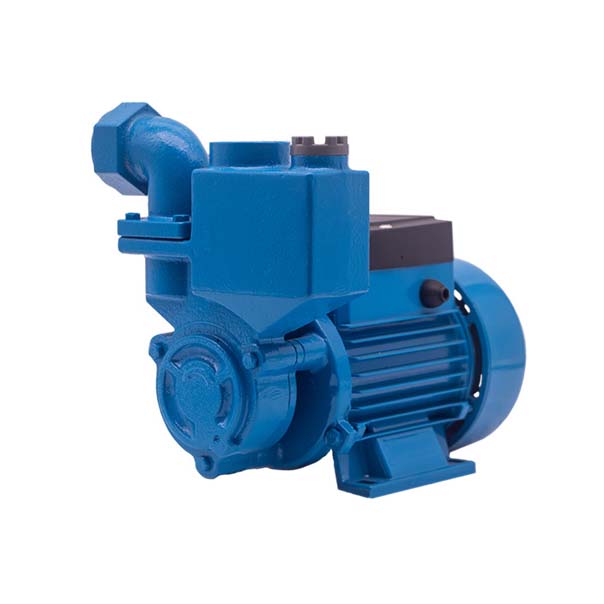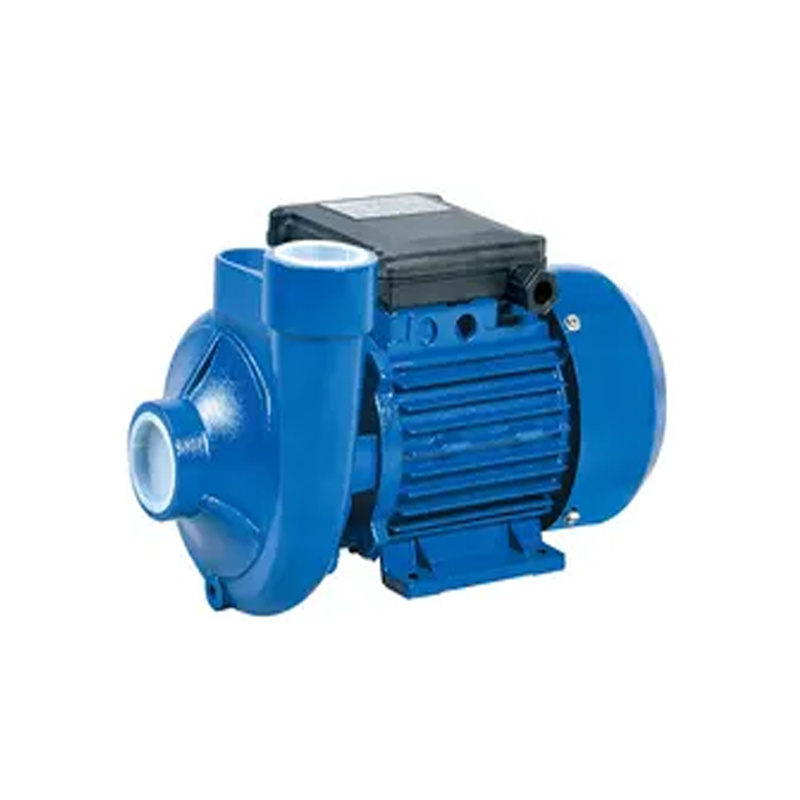Diesel engines produce far fewer emissions than comparably sized petrol engines.
Have you ever wondered why diesel engines are preferred in large vehicles over petrol engines? While you might have been looking for an answer, it’s crucial to reconsider the question itself: Why aren’t petrol engines used in large vehicles? This query recently sparked a discussion on the social media platform Quora, with numerous participants sharing their insights. Water Pompa Prices

Contrary to common belief, the assumption that petrol engines cause less pollution than diesel is inaccurate. Diesel engines produce significantly fewer emissions than their petrol counterparts of comparable size. Moreover, diesel engines exhibit a remarkably 33 per cent higher fuel efficiency compared to gasoline engines of similar dimensions. This translates to a gasoline engine covering six miles per gallon of fuel, while an equivalent diesel engine can travel nine miles on the same amount of gas.
An additional factor supporting the prevalence of diesel engines in heavy vehicles is the distinction in combustion mechanisms. Gasoline engines rely on spark-fired combustion, whereas diesel engines initiate fuel combustion through compression until auto-ignition occurs. Despite the auto-ignition property shared by all fossil fuels when compressed, the critical determinant lies in the pressure threshold that a fuel can withstand, determining its suitability for a compression engine.
Diesel, with its resistance to compression, stands in contrast to petrol, which lacks this characteristic. Diesel engines boast compression ratios ranging from 14:1 to 25:1, while gasoline engines typically range from 8:1 to 12. This implies that diesel can endure almost twice the compression of gasoline before auto-ignition.

Water Pump Price In essence, the preference for diesel in large vehicles over petrol boils down to torque. Diesel’s superior compression resistance, owing to its capacity for compression-fired engines, aligns seamlessly with the demands of larger vehicles. Furthermore, the higher compression ratios in diesel engines contribute to greater thermal efficiency, resulting in more energy release and, consequently, higher torque—making diesel the optimal choice for powering large vehicles.